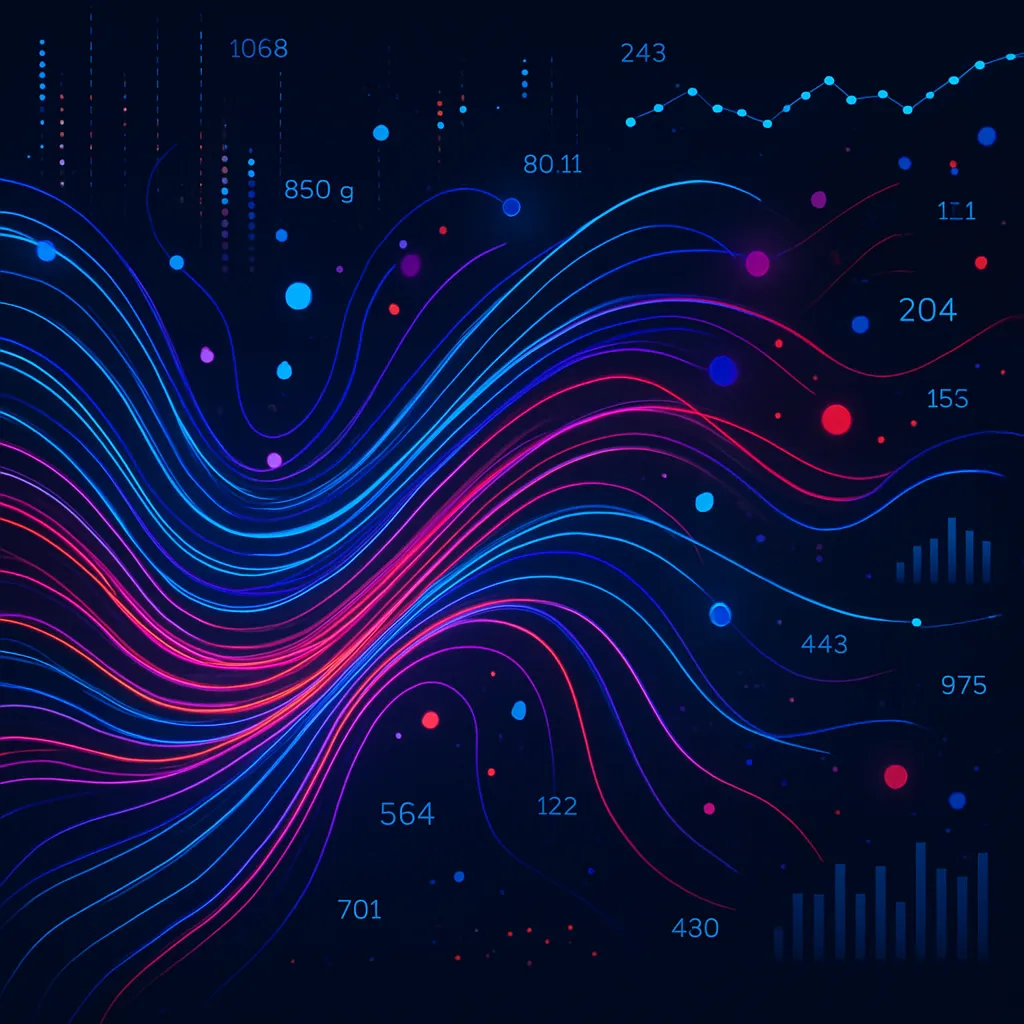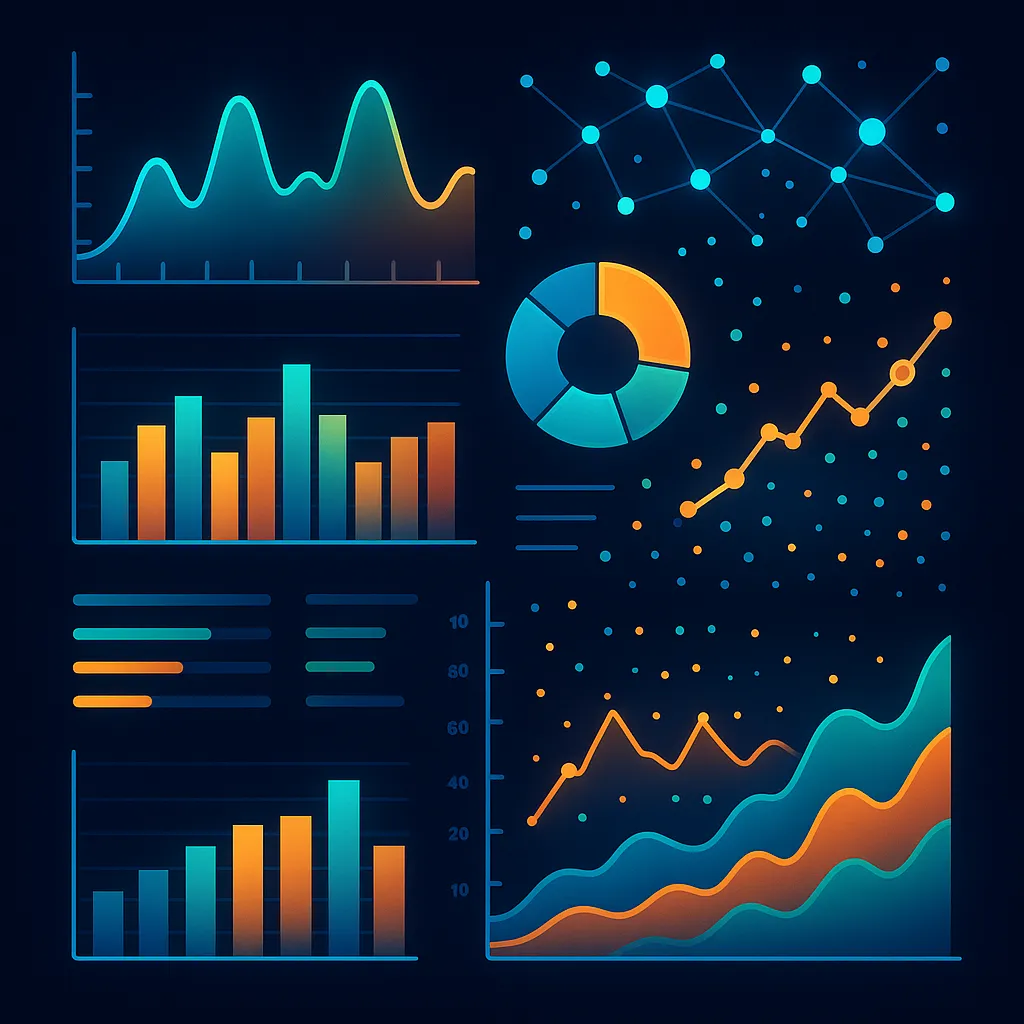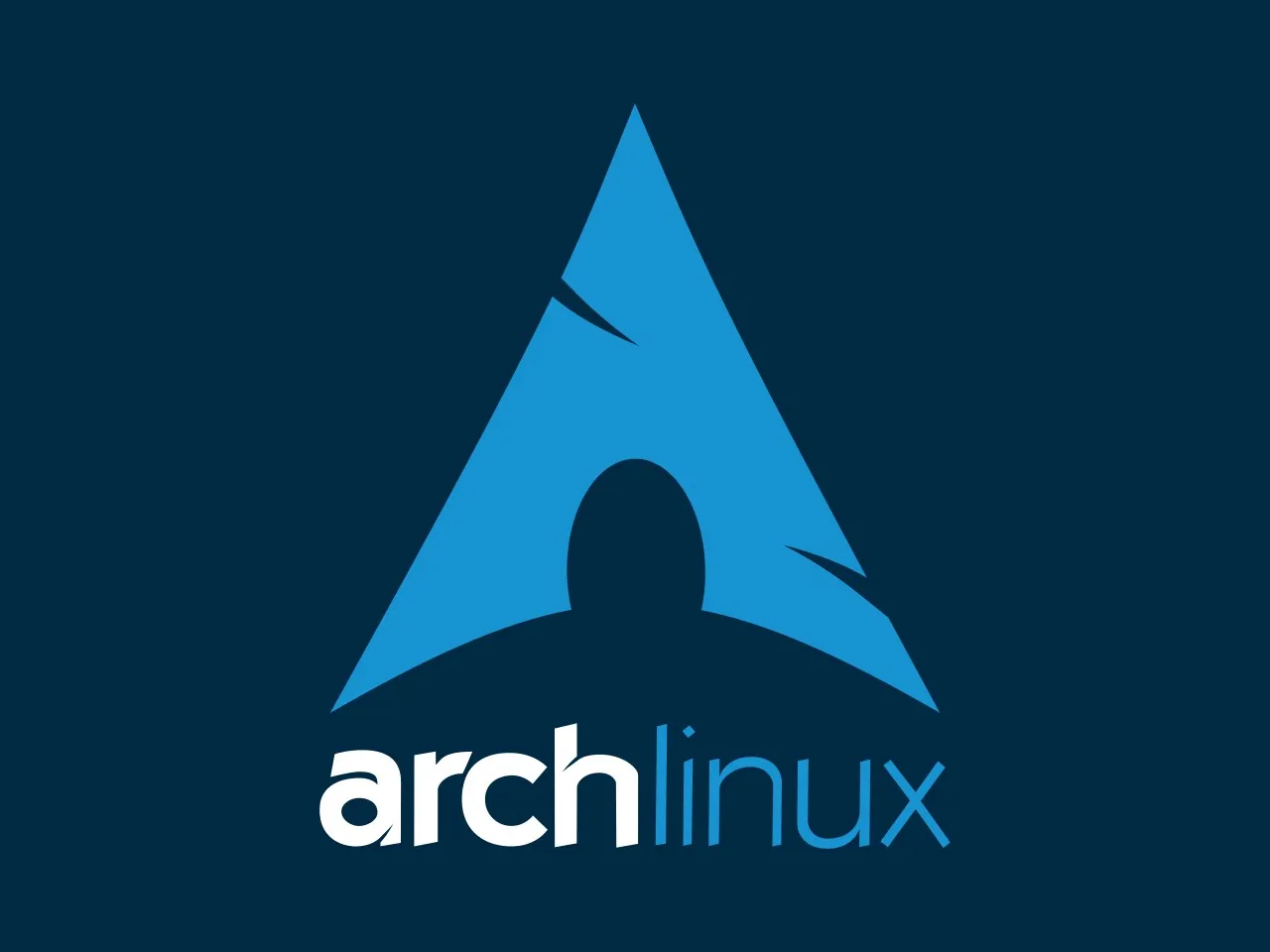Coding & Development with AI
If you’ve been coding for a while, you already know the basics: how to write functions, debug errors, and ship working software. But the landscape is changing fast. Artificial Intelligence isn’t just a buzzword anymore—it’s a set of practical tools that can supercharge your workflow, help you write better code, and even change the way you approach software development.
Beyond Autocomplete: How AI Is Transforming Development
Most developers have tried AI-powered autocomplete or code suggestions, but that’s just the tip of the iceberg. Today’s AI tools can do much more than fill in a few lines—they can review your code, suggest architectural changes, automate documentation, and even act as a pair programmer that never gets tired.
Here are some advanced ways to use AI in your coding workflow that you might not have explored yet:
1. AI-Assisted Code Review and Refactoring
Modern AI models can analyze your codebase and spot issues that go beyond simple linting. They can suggest refactoring opportunities, highlight potential security vulnerabilities, and even recommend more idiomatic patterns for your language or framework. For example, you can feed an entire module to an AI and ask for a review focused on performance bottlenecks or maintainability. Some tools can even auto-generate pull request comments or suggest alternative implementations for complex functions.
2. Automated Documentation Generation
Tired of writing docstrings and API docs? AI can generate documentation from your code, comments, or even from usage examples. You can prompt AI to create detailed explanations for public methods, generate usage examples, or even draft onboarding guides for new team members. This isn’t just about saving time—it’s about making your codebase more accessible and reducing knowledge silos.
3. AI Pair Programming and Rubber Ducking
AI can act as a 24/7 pair programmer, helping you brainstorm solutions, catch edge cases, or talk through architectural decisions. Stuck on a tricky bug? Try explaining your thought process to an AI assistant and see what it suggests. You can even use AI to simulate code reviews or design discussions, getting a second opinion before you commit.
4. Automated Test Generation and Mutation Testing
Writing tests is essential, but it can be tedious. AI can help by generating unit tests, integration tests, or even property-based tests based on your code and its expected behavior. Some advanced tools can perform mutation testing—intentionally introducing small bugs to see if your tests catch them—helping you identify weak spots in your test suite.
5. Natural Language to Code for Rapid Prototyping
You already know how to code, but sometimes you want to move fast. AI can turn natural language descriptions into working code snippets, boilerplate, or even full modules. This is especially useful for prototyping, scaffolding new projects, or generating repetitive code (like CRUD operations or data models) without having to write it all by hand.
6. Cross-Language Translation and Code Migration
Migrating code from one language or framework to another is a massive task. AI can assist by translating code, mapping idioms, and even suggesting equivalent libraries or APIs. For example, you can ask AI to convert a Python data processing script to TypeScript, or to refactor a legacy Java class into modern Kotlin.
7. Automated Codebase Exploration and Knowledge Retrieval
Large codebases can be hard to navigate, especially if you’re new to a project. AI can help you search for relevant functions, trace dependencies, or summarize how a particular feature works. Some tools can answer questions like, “Where is user authentication handled in this repo?” or “What are the side effects of this function?”—saving you hours of manual digging.
8. Security Auditing and Vulnerability Detection
AI models trained on security best practices can scan your code for common vulnerabilities, such as SQL injection, XSS, or insecure deserialization. You can prompt AI to review a pull request for security issues or to suggest safer alternatives for risky code patterns. This is especially valuable for teams without a dedicated security expert.
9. Automating DevOps and Infrastructure as Code
AI isn’t just for application code. You can use it to generate or review CI/CD pipelines, Dockerfiles, Kubernetes manifests, and Terraform scripts. Describe your desired infrastructure or deployment workflow in plain English, and AI can scaffold the necessary configuration files or even optimize your existing setup.
10. Advanced Prompt Engineering for Code Generation
If you’re using AI for code generation, the quality of your prompts makes a huge difference. Try using structured prompts, providing context (like relevant files or previous code), and specifying constraints (such as performance requirements or coding standards). For example, instead of “Write a function to sort a list,” try:
“Write a memory-efficient, stable sort function for a list of custom objects in Python, and include a docstring and unit tests.”
Tips for Getting the Most Out of AI in Development
- Iterate and refine your prompts. The more context you give, the better the results. Don’t be afraid to ask follow-up questions or request alternative solutions.
- Review and test everything. AI is powerful, but it’s not infallible. Always review generated code for correctness, security, and style.
- Integrate AI into your workflow. Use AI in your editor, CI pipeline, or documentation process—not just as a one-off tool.
- Stay up to date. The AI landscape is evolving rapidly. New tools and models are released all the time, so keep experimenting and sharing what you learn with your team.
- Think beyond autocomplete. AI can help with architecture, documentation, testing, and even DevOps—don’t limit yourself to code suggestions.
Final Thoughts
AI is quickly becoming an essential part of the modern developer’s toolkit. It’s not about replacing your skills—it’s about amplifying them. By embracing AI for code review, documentation, testing, and more, you can focus on the creative, high-level work that really matters. The best developers aren’t just great at writing code—they’re great at using the best tools available. AI is one of them. Don’t miss out.


